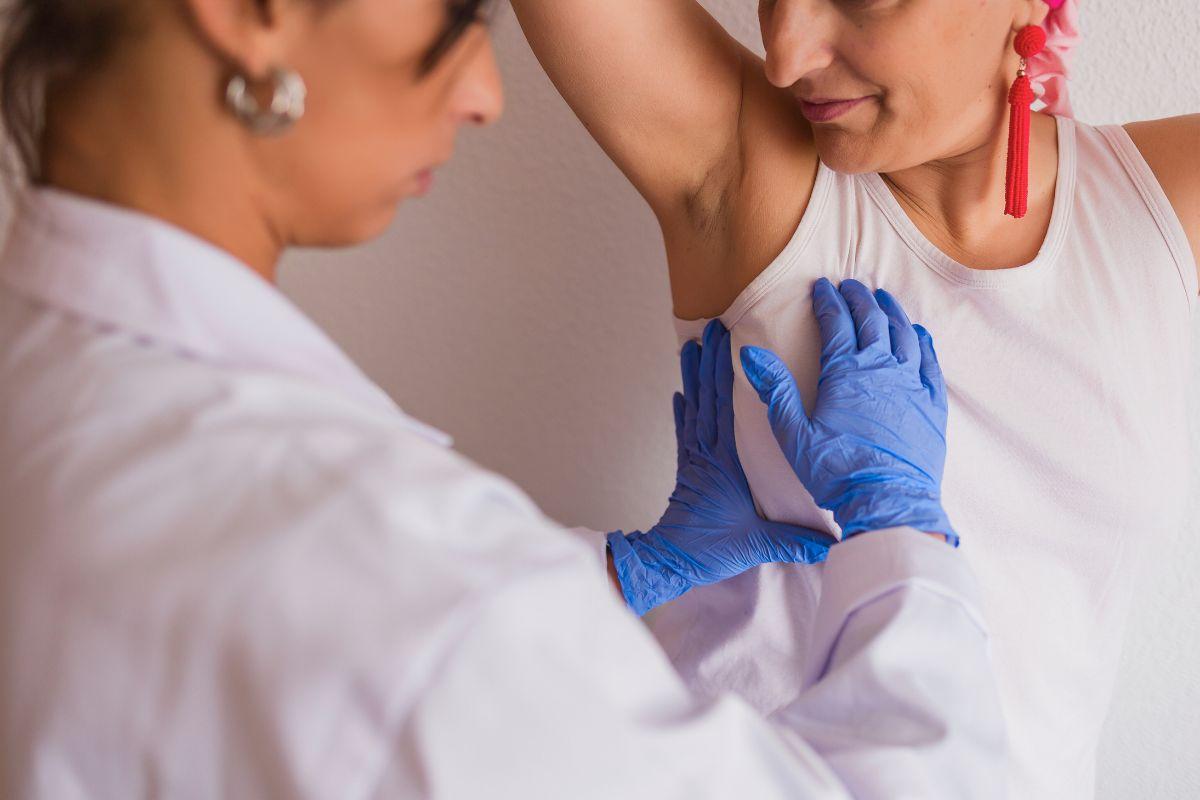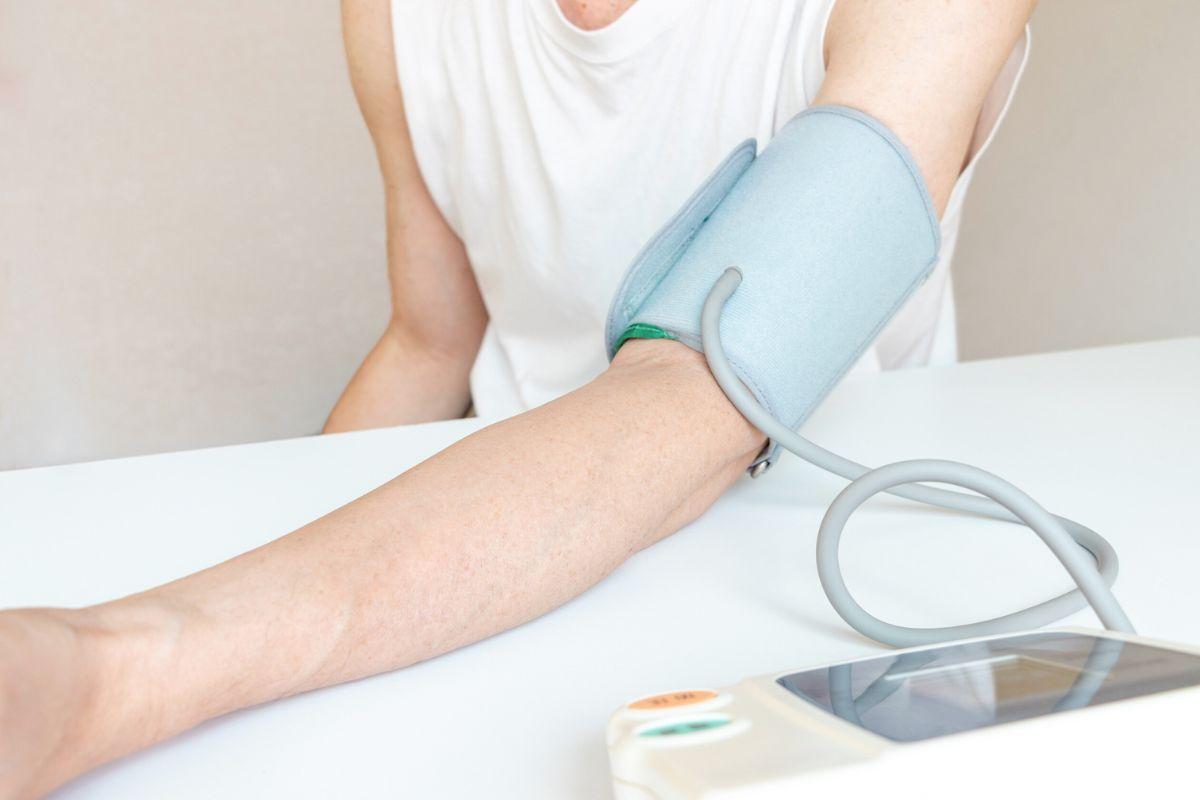Written by Dr Nida Chammas, Consultant Endocrinologist at The Princess Grace Hospital, The Wellington Hospital and Chiswick Medical Centre.
Whilst the term “endocrinology” may not be as familiar to some of you, many of the conditions which fall under this medical specialty, such as diabetes, underactive thyroid and polycystic ovaries, certainly will be.
Our endocrine glands, including the pancreas, thyroid and adrenal glands, which are attached to the top of each kidney, play a vital role in secreting hormones directly into our bloodstream, which then travel to and affect activity in the other parts of our body. Therefore, if one or more of our endocrine glands aren’t functioning properly, our body as a whole can be greatly affected.
Diabetes – the common symptoms and different types
Of all the conditions associated with endocrinology, diabetes is perhaps the most well known. It occurs when our blood glucose levels become too high, because our body is either resistant to, or not producing enough insulin to move glucose into our cells and give us energy, leading to general feelings of tiredness and lethargy. Other common symptoms to look out for include:
- Urinating a lot more than usual
- Feeling very thirsty
- Unplanned weight loss
- Visual impairment and cuts or bruises that take longer to heal
A patient is normally diagnosed with either Type 1 or Type 2 diabetes. Here are their similarities and differences below:
1. Type 1
This happens when our body’s immune system attacks and destroys the cells in our pancreas that produce insulin. It’s most common in younger people, and requires the regular administering of insulin into our bodies. If you have a family history of diabetes and have young children, you may wish to arrange for each of you to have a diabetes screening test. Be aware though, many people with Type 1 diabetes have no family history of the condition.
2. Type 2
Type 2 diabetes accounts for about 90% of all diabetes cases, and occurs when our body doesn’t produce enough insulin, or our body’s cells don’t react to it. The good news is that, as recently found in Professor Roy Taylor’s much-publicised Diabetes Remission Clinical Trial (DiRECT), Type 2 diabetes can often be managed and reversed with lifestyle and dietary changes such as avoiding sugar, low-carb and low-calorie diets, regular exercise and a reduction in alcohol intake.*
Sitting somewhere in between Type 1 and Type 2, Latent Autoimmune Diabetes in Adults (LADA) is usually diagnosed in people between 30 and 50 years old. Whilst the symptoms are the same, they normally occur more slowly than Type 1 and more quickly than Type 2.
Other factors to look out for
Alongside the main causes and symptoms, there are other factors that contribute to the diagnosis and effects of diabetes.
For example, pregnant women can be susceptible to the condition, as can people with a body mass index (BMI) over 27, and those who use steroids regularly. Diabetes can also cause health problems such as kidney failure, foot ulceration and an increased risk of heart attack and stroke. Impotence can affect up to 75% of men with the condition, but as with all risks, this can be treated separately by your GP or specialist consultant.
Caring for you and your family
As someone who has both treated and undertaken much clinical research into diabetes, including extensive studies into the management of diabetic foot, I take great pride in helping to manage patients in Chiswick who experience the condition.
If you, or one of your family members is displaying symptoms of diabetes, be assured our dedicated endocrinology department at Chiswick Medical Centre combines the expertise of leading consultants with state-of-the-art diagnostic technology, helping to ensure you’ll receive the very best care whilst in our hands.
For more information please contact Chiswick Medical Centre, part of HCA Healthcare UK: www.hcahealthcareuk.co.uk/chiswick
*DiRECT trial, initiated in 2013 and Diabetes UK’s largest funded study to date




